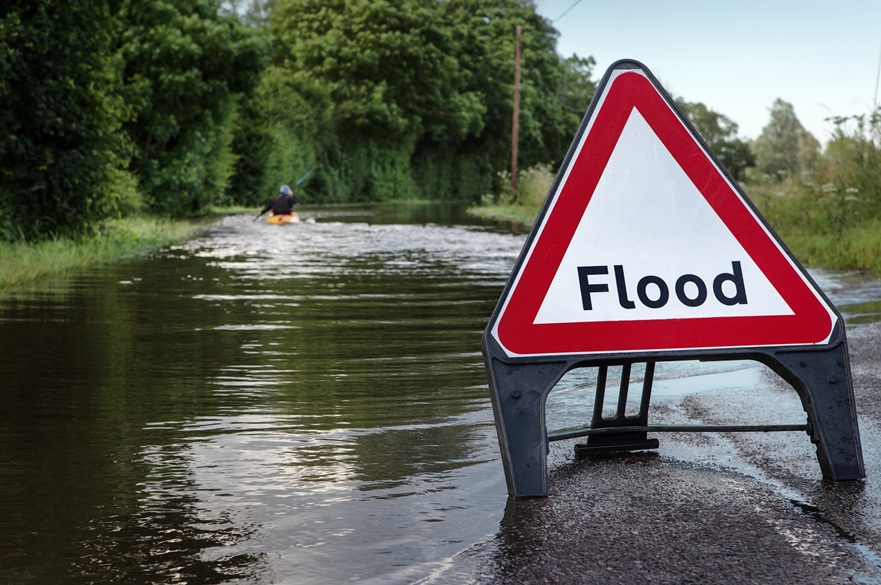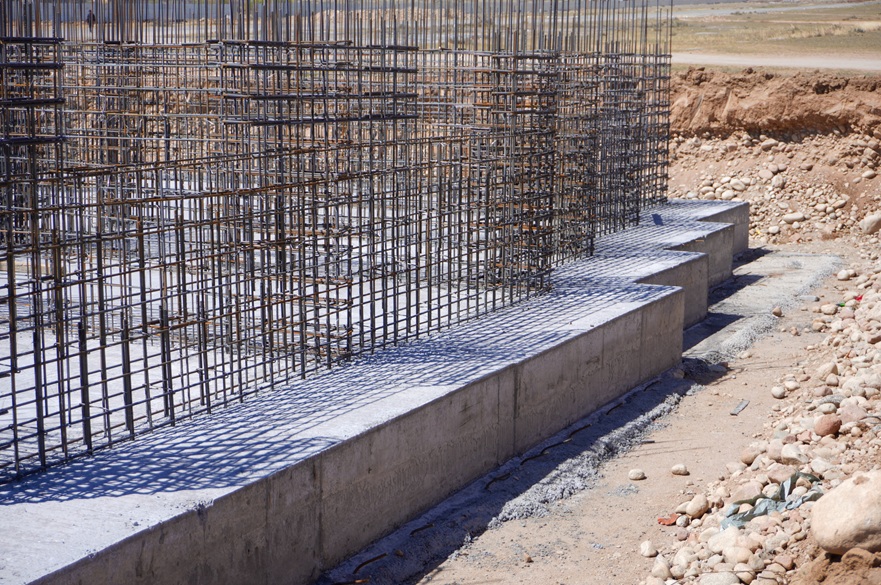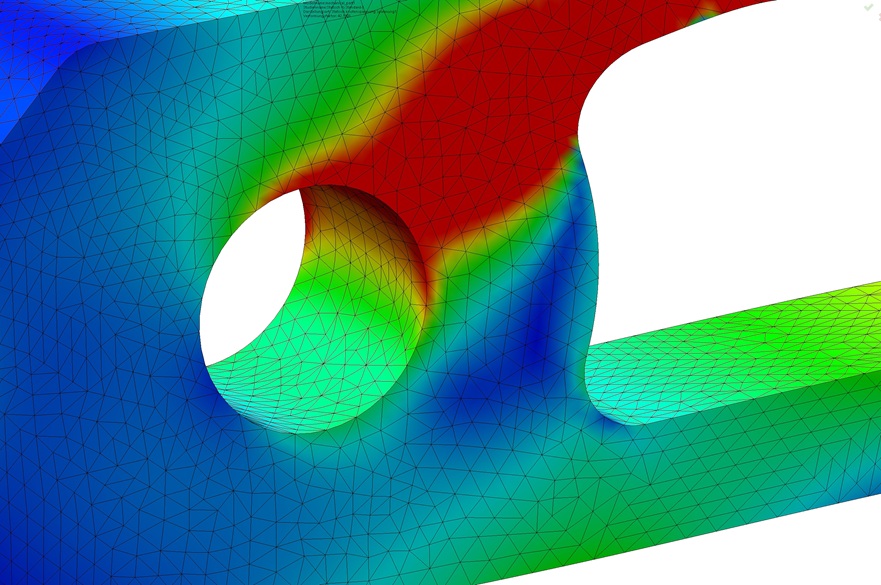Geophysical and Geotechnical Investigation and Design
About this course
Course dates:
5 February 2026 - 31 April 2026
This course develops your knowledge and skills in relation to site investigation techniques on the shallow ground sub-surface.
It will help you develop an understanding of the different techniques used when producing information during investigations.
Successful completion can also contribute 15 credits towards a postgraduate award.
-
On successful completion of the course, you will receive a digital certificate of attendance and a digital badge.
-
Benefit from learning with an experienced tutor who has established links to the profession and significant experience working in varied practices.
What you’ll study
The course will provide a sound background to decision-making relating the implementation of geotechnical design.
You’ll learn to analyse and design some typical geotechnical structures, with topics being reviewed within the context of safe and sustainable development.
By the end of this course, you’ll be able to:
- understand a range of geophysical techniques that relate to civil engineering applications
- identify and apply geophysical investigation methods for different types of work
- display an understanding of the accuracies, limitations and other implications of using different methods
- demonstrate how theory is used to analyse the behaviour of geotechnical structures
- undertake the design of geotechnical structures in accordance with current standards
- show insight into the sustainability and Health and Safety issues
- use a range of investigation equipment
- process different types of investigation data using appropriate methodologies
- produce a ground profile with engineering parameters
- interpret and communicate your findings.
This course will include:
- the theory of electro-magnetic wave propagation
- ground penetrating radar
- electrical methods (resistivity and conductivity)
- seismic methods (refraction, reflection and surface wave analysis)
- gravity methods
- magnetic methods.
- critical state theory
- stress paths
- unsaturated soil mechanics.
- ground improvement
- reinforced soil
- dynamic loading (pavements/rail environments)
- laterally loaded piles
- pile groups
- the development of brownfield sites including engineered and non-engineered fill material, and contaminated land implications.
We regularly review and update our course content based on student and employer feedback, ensuring that all of our courses remain current and relevant. This may result in changes to module content or module availability in future years.
How you're taught
Teaching and learning will take place using a flexible programme of lectures, workshops, seminars and tutorials.
Careers and employability
A CPD certificate will be issued upon successful completion of the course.
Certificate of attendance and digital badge
Upon successful completion of the course, you will receive a digital certificate of attendance and a digital badge powered by Accredible.
Your digital credential is more than just a certificate – it’s secure, verifiable, and protected against fraud through encryption and blockchain technology.
They also come with detailed metadata, including an overview of the skills you have achieved on the course, evidence of completion, and assessment criteria if appropriate.
Share your achievements seamlessly with friends, customers, and potential employers online, and proudly add your badge or certificate to social media platforms such as LinkedIn, so all the right people can see it.
Campus and facilities
City Campus facilities
Many of your lectures and seminars will take place in the Newton building on our City Campus.
IT resources
Our IT resource rooms and PC clusters are distributed across our City Campus, with PCs providing access to Microsoft Office, email, web browsing, networked file storage and high-speed online printing services, with a free printing allowance for each student.
Resource rooms are available 24 hours a day.
Books and library resources
Our state-of-the-art Boots library will give you access to an extensive and diverse range of books and periodicals that focus on specialist areas within the built environment. The library's OneSearch system provides access to all our electronic resources, journals and books.
Within the library there is a liaison librarian who has specialist subject knowledge and can offer detailed help in finding and using print and electronic resources, and also with areas such as Harvard referencing and research skills.
Workshops and laboratories
Our Maudslay building boasts a number of industry-standard workshops and facilities. Supported by a team of expert technical staff, we offer woodwork and metal workshops, model-making studios, structural testing equipment, concrete, soil and materials laboratories.
Entry requirements
UK students
You should have a minimum of three years’ professional experience and have the support of your employer to integrate study and projects into your day-to-day work.
You will probably be employed on significant infrastructure or building works, with experience of developing and coordinating projects.
If you wish to receive credit, you should also have a 2:2 honours degree in a built environment subject area.
Applicants with non-standard entry qualifications and/or relevant experience will be considered on an individual basis.
Additional requirements for UK students
There are no additional requirements for this course.
International students
You should have a minimum of three years’ professional experience and have the support of your employer to integrate study and projects into your day-to-day work.
You will probably be employed on significant infrastructure or building works, with experience of developing and coordinating projects.
If you wish to receive credit, you should also have a 2:2 honours degree in a built environment subject area.
Applicants with non-standard entry qualifications and/or relevant experience will be considered on an individual basis.
Additional requirements for international students
There are no additional requirements for this course.





